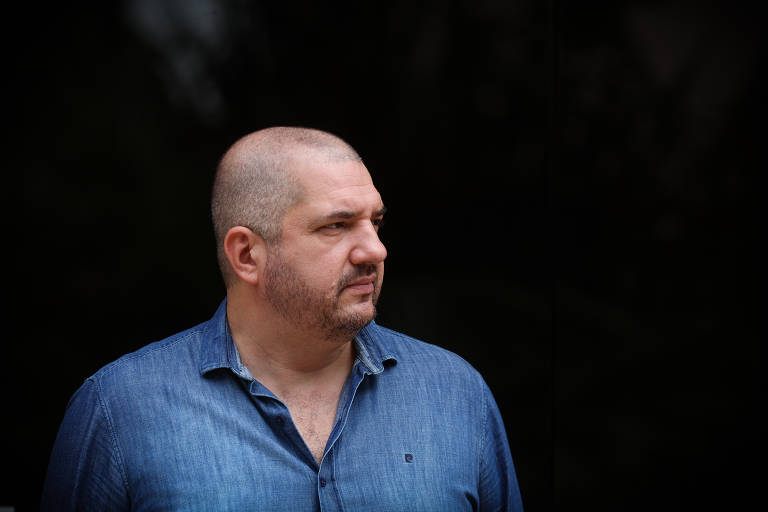"Good morning, would you have a minute to hear a message from the Bible?" Jefferson Alexandrino de Lima gave him 12 years. In 2008, a lady knocked on the door to offer a Bible study. The 15-year-old from Pernambuco agreed, got baptized, and until 2020, was one of the Jehovah's Witnesses in Brazil. Until he asked to leave. He began to disagree with internal guidelines. He says that's when his erasure within a religious community known for reducing social ties with outsiders began. Suddenly, no one wanted to know about him anymore. "My sister-in-law blocked me on WhatsApp, bid farewell to me as if I had died. Friends too.
It was as if Jefferson, who became a pioneer (a type of missionary) and ministerial servant (like a deacon) in the hierarchy of this Christian community, was a virus from which everyone should keep their distance. "The leaders encouraged my wife to separate from me." She refused and also left the belief. In 2022, the psychology graduate presented his thesis to the Faculty of Human Sciences of Olinda: "Religious ostracism and depression: an analysis of the relationship of the disorder among former Jehovah's Witnesses". The topic also mobilized a virtual petition created in January by another former member, businessman Fabiano de Amo, 46. His goal, he says, is to burst the religious bubble and pressure the Public Ministry and lawmakers to take action against the treatment given to disaffiliated individuals. The text mentions "inhumane treatment" and proposes "dialogue, freedom, and mutual respect between members and ex-members", so that the disassociated "are fully reintegrated into their families, communities, and support networks".
The institution that manages the Witnesses in Brazil says that the rupture "does not put an end to the bonds that the person has with their family". The option, it says in a statement sent to Folha, would be a matter of personal choice. "In addition to religious reasons, friends and family members may also choose to limit or cut association with a person disassociated because of the emotional pain and other difficulties they have caused."
